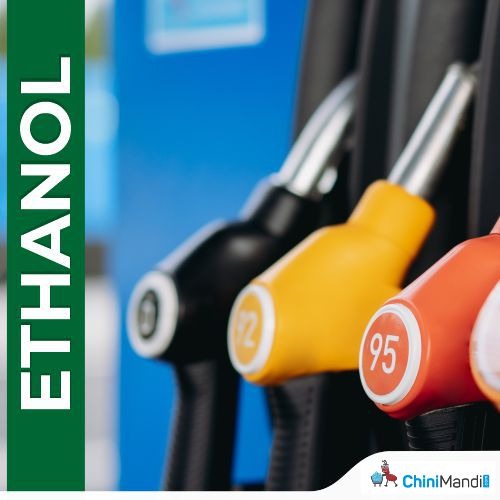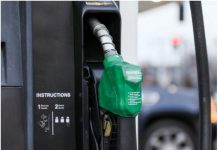The Vietnamese government plans to require a higher ethanol blend in gasoline starting in 2026, with some filling stations already piloting supply. However, final policy details are still under discussion, reports Reccessary.
Experts are urging the government to issue a clear roadmap soon so that provinces and fuel suppliers can prepare, and so public awareness of biofuels’ role in the energy transition can be strengthened.
On August 15, the Ministry of Industry and Trade (MoIT) held the first meeting of its drafting team for the biofuel blending roadmap. Experts highlighted three key issues under review: whether ethanol-blended gasoline can fully replace conventional fuel, whether supply and infrastructure can remain stable, and how the transition will affect consumers and vehicles.
Vietnam first introduced E5 gasoline—a 5% ethanol blend—in 2017, but low supply and limited public acceptance have remained challenges. Now, MoIT is considering a nationwide shift to E10. Some drivers, however, remain cautious.
Dinh Thanh Cuong, a motorbike owner from Dong Nai, said he used E5 in the past but is hesitant about E10, citing social media claims that it may damage engines. “It needs more time to prove feasibility,” he said.
Others have already made the switch. Transport operator Tran Van Huong said his company now uses E10, noting that monthly E5 fuel costs were about VND 500 million (USD 18,960). “If E10 prices match E5, more users will be interested,” he said.
Industry experts say transparency and supporting measures are crucial.
Bui Ngoc Bao, chairman of the Vietnam Petroleum Association, said biofuels are part of a global energy trend and that the government must have assessed E10 quality before moving forward. But he cautioned that a lack of clarity could erode public trust.
Nguyen Quang Dung, deputy general director of Petrolimex, emphasized the role of the media in building acceptance. He urged automobile and motorcycle industry associations to promote the benefits of biofuels for both vehicles and the environment through workshops and public outreach.
Nguyen Thi Trang, deputy chief of office of the Vietnam Petroleum Association, called on MoIT to release the roadmap as soon as possible so provinces and distributors can adjust facilities and strategies in time. She also suggested revising technical standards, including refinery registration and fuel quality rules, to support wider adoption.

















